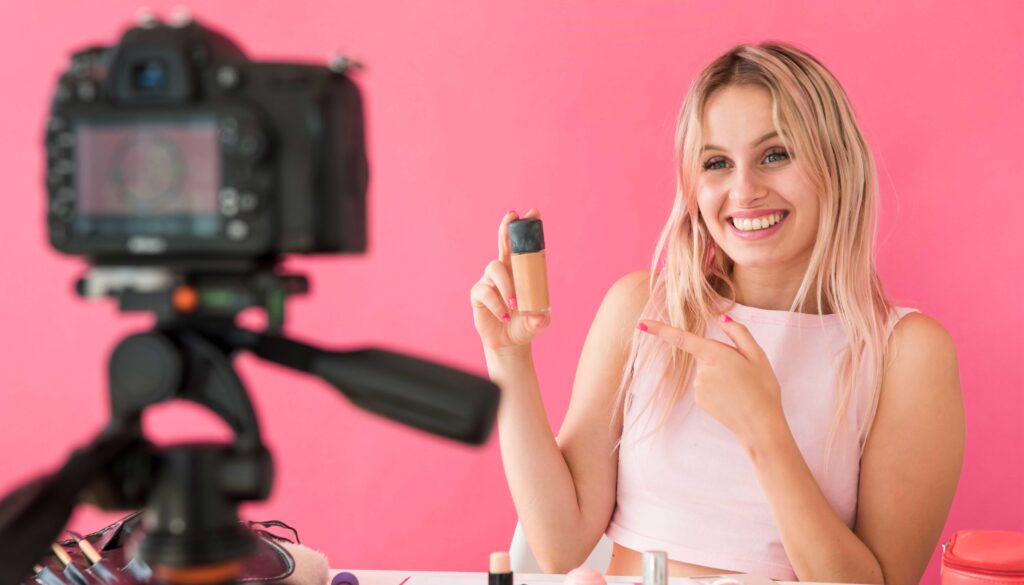The global eCommerce industry is substantially large and continuously evolving. Over the period, there has been an exponential increase in expenditure on online stores rather than visiting brick-and-mortar stores.
“But with one side of coin winning, the other one is still losing”
Being a valuable market to tap into, businesses are experiencing the competition in almost every niche they wish to target. With the surging competition, eCommerce businesses need to be adaptable with the new techniques to drive more sales and profitability.
Although the eCommerce industry was born two decades ago, every year new inventions are emerging in the market to boost the capitalization. But, with hundreds of options, what all are the ideal businesses one needs to focus on for this decade?
Keep on reading to discover a few of the most efficient marketing techniques to elevate your eCommerce industry.
Omni-Channel Marketing
The Omni-channel marketing refers to a multi-channel sales and marketing approach providing the customer with an integrated experience.
Omni-channel marketing tends to connect all the touchpoints with the brand to provide a connected experience. So, no matter whichever platform the customer chooses to interact with the e-commerce brand, the experience will be consistent throughout each platform.
The Social Media giants such as Facebook, Instagram, Pinterest are offering the Omnichannel platform to the eCommerce industry. The most important benefit of the Social media platforms is the massive user base and integrated algorithm to target the end-users who are in actual need of the product. Thus, helping to reduce the bounce-back rate.
Let’s consider the case of “Grainger”
Grainger built its Omni-channel efforts using its mobile app that allows customers to browse available products. In this, when the potential customer signs up for an account on a website and make a purchase or adjust your cart, those changes are reflected in the mobile automatically on the mobile application.
In this way, the customer is provided with an interconnected experience where the content and actions transfer from platform to platform. No matter how or where a customer interacts, the shopping experience is the same.
The concept of influencer marketing relies on internet celebrities known as influencers. People with a big following can influence their followers into potential customers.
This enlightens a strategy to take advantage of influencers and their followers to build a brand reputation to sell products/services. Since the influencers have a certain level of trust among the followers, the businesses can hire them to reach their target audience.
As per Forbes, influencer marketing is outgrowing digital ads. The top channels include Instagram, Facebook, Snapchat, and Twitter.
According to BigCommerce, 89% say ROI from influencer marketing is comparable to or better than other marketing channels.
The encouraging factor favoring influencer marketing is that you do not have to build trust; it already exists. Opting the right marketing strategy can help you to raise awareness and spread the word quickly as compared to executing a marketing campaign from scratch through other channels. Major e-commerce brands nowadays rely on influencer marketing to extract sales in a short period of time.
Let’s review a famous brand that surged its brand awareness with influencer marketing.
H&M: Fall Studio Collection
Influencers: Julie Sariñana, Ela Velden
Being a famed fashion brand today, H&M has one of the most massive Instagram followings of any fashion brand on social media. Influencer Marketing is one of the top strategies that has made it possible for H&M.
H&M partnered with fashion blogger Julie Sariñana and model Ela Velden for its fall 2017 catalog. In fact, Sariñana loved the clothing so much that she promoted it from her own Instagram account. H&M saw an increase of 6% in sales after launching a successful influential campaign.
Connecting to the influencers is not at all a big deal nowadays. There is a marketplace such as ifluenz, Hire Influence, Tribe, etc. that are in direct touch with the influencers. You just have to drop the inquiry and select the perfect influencer for your brand.
The Blend of Influential and Omni-channel marketing in e-commerce
Have you ever wondered about the back-stage view that makes the influential marketing campaign a grand success? If you really want to explore that secret, then you are in the right place.
This is the most critical touchpoint for sales. Influencing the followers is not enough. You need to attract and engage followers on the e-commerce store & social media as well. Once you succeed in doing that, it will be counted as a success in the influential marketing campaign.
Now that the follower (a potential customer) has landed in your sales funnel, via targeting them on various Social media platforms, the lead can be easily converted into sales over a period.
Conclusion
If we broadly review the combination of influencer and omnichannel marketing, influencer marketing can be considered as lead generation hack and omnichannel marketing as a lead maturing concept until the sale is generated.
In comparison to other lead generation & maturing strategies, influencer and omnichannel marketing are considered more prominent and result-driven. Due to this, over ⅔ of businesses spends the most on Instagram for Influencer marketing.
Click here for marketing guidance to boost your eCommerce business
Resources:
- https://www.bigcommerce.com/blog/influencer-marketing-statistics/#10-most-important-influencer-marketing-statistics-for-2019
- https://blog.hubspot.com/marketing/examples-of-influencer-marketing-campaigns
